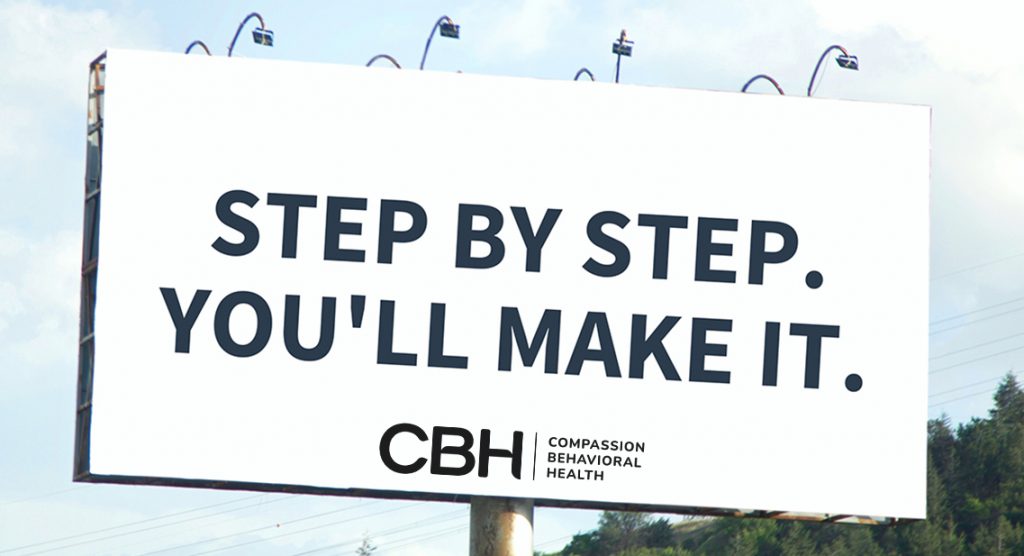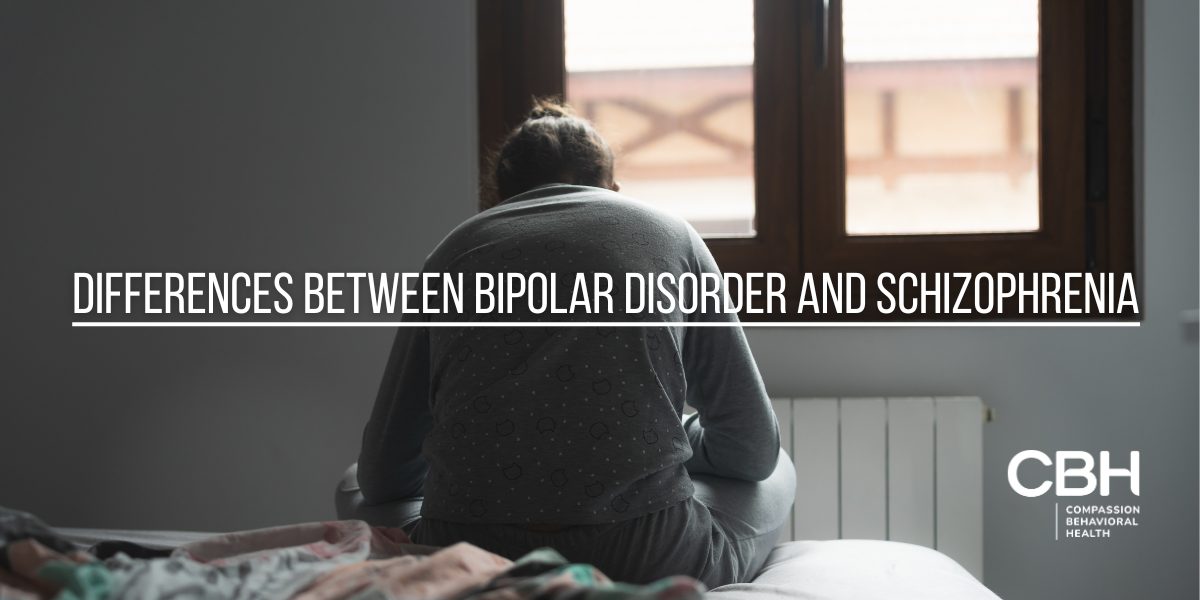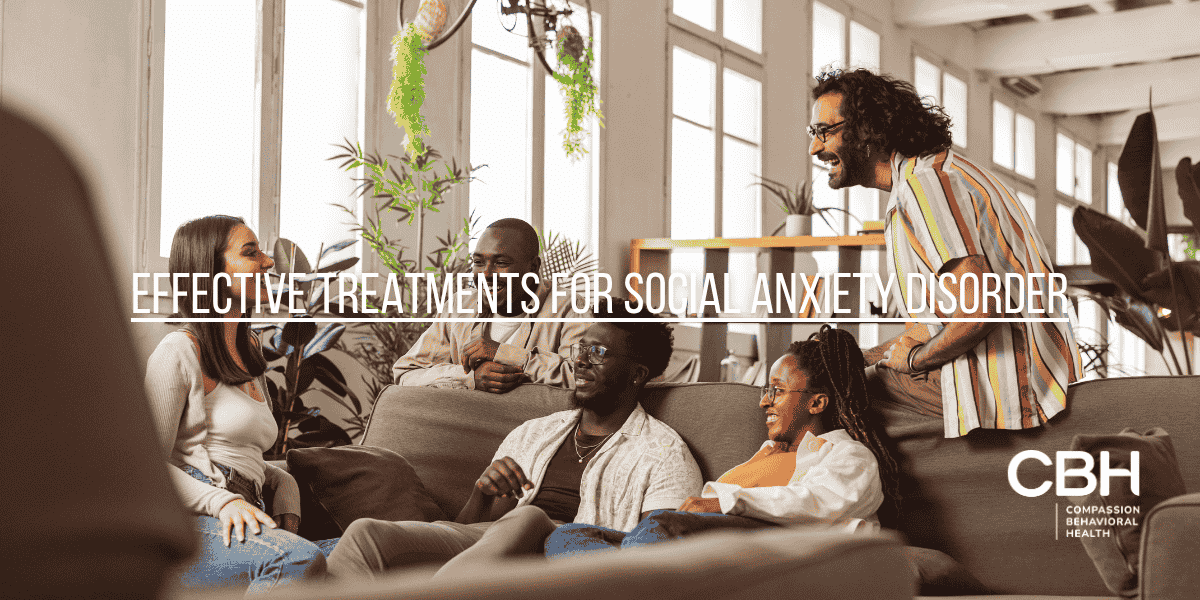Alcohol addiction can be a challenging and overwhelming experience – not just for the person struggling with it but also for their loved ones. However, it’s never too late to seek help and start the journey towards recovery. One of the most widely followed programs for alcohol addiction is the 12 Steps of Alcoholics Anonymous (AA). Find an AA Meeting in Florida
Understanding the 12 Steps of Alcoholics Anonymous
The 12 Steps is a structured program that provides a framework and a set of principles to help individuals overcome alcohol addiction. It’s a holistic approach that includes emotional, mental, and spiritual healing. The program is based on the belief that individuals struggling with addiction need support and guidance to break the cycle of addiction and create a fulfilling life.
The History and Purpose of the 12 Steps
The 12 Steps of Alcoholics Anonymous (AA) was founded in 1935 by Bill Wilson and Dr. Bob Smith. The two men, who both struggled with alcohol addiction, met and formed a support group to help each other stay sober. They soon realized that their approach could help others struggling with addiction and began sharing their program with others. The 12 Steps are a set of principles and guidelines that outline a path towards recovery from addiction. The purpose of the 12 Steps is to help individuals achieve sobriety and establish a connection with a higher power. The program has helped millions of people worldwide recover from addiction and live a fulfilling and meaningful life.
The 12 Steps are designed to be a program of action, not just a set of beliefs. Each step builds on the previous one, and the program is meant to be worked in sequence. The program encourages individuals to take responsibility for their actions, make amends for past wrongdoings, and establish a new way of life that is free from addiction.
The Role of Spirituality in the 12 Steps
A significant aspect of the 12 Steps is spirituality. The program doesn’t promote any particular religion but encourages individuals to connect with their own understanding of a higher power. The idea is to develop a spiritual program to help individuals acknowledge and overcome the defects of character that led them to addiction while making amends through action to those they have harmed.
The spiritual component of the 12 Steps is designed to help individuals find a sense of purpose, meaning, and hope in their journey towards recovery and a new way of life. Spirituality can provide individuals with a powerful source of strength and resilience that can help them overcome challenges and obstacles towards achieving and maintaining sobriety.
Many individuals who participate in the 12 Steps find that the spiritual aspect of the program helps them develop a new sense of self-awareness and purpose. The program encourages individuals to explore their values and beliefs and develop a deeper understanding of themselves and their place in the world. This self-awareness can help individuals establish healthy relationships with others, develop a stronger sense of empathy and compassion, and find a renewed sense of purpose and meaning in life.
How the 12 Steps Promote Personal Growth
Much of the 12 Steps’ power comes from its focus on personal growth. The program encourages individuals to reflect honestly on their past and present actions, thoughts, and behaviors that may have contributed to their addiction. Through honest self-reflection, individuals can take accountability for their actions and strive to become a better version of themselves.
The program emphasizes the importance of making amends for past wrongdoings and establishing healthy relationships with loved ones. The principles of the 12 Steps also help individuals learn effective communication techniques, healthy boundaries, and foster a renewed sense of self-awareness.
The 12 Steps are not a one-size-fits-all solution to addiction, and some individuals may find that the program is not right for them. However, for many individuals, the 12 Steps provide a roadmap towards recovery and a new way of life that is free from addiction. The program has helped millions of people worldwide overcome addiction and find a renewed sense of purpose, meaning, and hope in their lives.
A Breakdown of the 12 Steps
The following is a breakdown of the 12 Steps of Alcoholics Anonymous:
Step 1: Admitting Powerlessness
The first step in the 12 Steps is admitting powerlessness in the face of addiction and acknowledging that life has become unmanageable. This step requires individuals to recognize that alcohol has become a destructive force in their lives and that they can no longer control their consumption of it. It is the first significant and essential step towards breaking free of addiction.
Step 2: Belief in a Higher Power
In step two, individuals are asked to believe in a higher power that can guide them towards recovery. This belief provides individuals with hope and a sense of support, helping them to break free from their addiction.
Step 3: Surrendering to a Higher Power
Step three involves surrendering control to a higher power. This surrender requires individuals to trust in the guidance of a higher power and live life on their terms.
Step 4: Taking a Moral Inventory
Step four involves taking an honest and introspective look at oneself and acknowledging the harms and wrongs they have caused to themselves and others. This step is designed to provide individuals with a deeper understanding of themselves and what led them to addiction, as well as to help them develop a sense of accountability for their actions.
Step 5: Admitting Wrongs
In step five, individuals are asked to admit to themselves, a higher power, and another human being, the wrongs they have committed in the past. This step involves personal accountability and accepting responsibility for past actions.
Step 6: Becoming Ready for Change
Step six involves becoming willing and ready to make significant changes in one’s life. This step requires individuals to develop a willingness to break free from old habits and to adopt new ways of living that can help them maintain sobriety.
Step 7: Asking for Help
In step seven, individuals ask a higher power to remove character defects and shortcomings that led them to addiction. This step requires individuals to be humble and recognize that they cannot overcome addiction completely alone.
Step 8: Making a List of Amends
Step eight involves making a list of all the people the individual harmed during their addiction. In making this list, individuals can begin the process of making amends and rebuilding relationships that have been strained or destroyed.
Step 9: Making Amends
In step nine, individuals make amends for past wrongs and take concrete action towards repairing relationships with those they have harmed. Making amends involves accepting responsibility for one’s actions and striving to make things right.
Step 10: Continued Personal Inventory
In step ten, individuals continue to take personal inventory and recognize when they may have acted inappropriately or caused harm to others. This step encourages individuals to remain vigilant and take responsibility for their thoughts and actions continually.
Step 11: Prayer and Meditation
Step eleven involves the practice of prayer and meditation to improve one’s spiritual connection and maintain sobriety. Engaging in these practices allows individuals to reduce stress, find inner peace, and build a deeper connection to a higher power that can help guide them towards recovery.
Step 12: Carrying the Message
The final step of the program involves carrying the message of the 12 Steps of AA to other individuals struggling with addiction. By sharing their experience, strength, and hope with others, individuals can give back to the community and help others achieve sobriety.
Your Journey To Recovery Starts Here
The 12 Steps of Alcoholics Anonymous is an effective program that provides individuals struggling with addiction a path towards recovery and a new life of sobriety. The program promotes emotional, mental and spiritual healing and focuses on cultivating personal growth and self-awareness. CBH is a Nationally Recognized treatment center located in Florida, offering true dual-diagnosis, evidence based treatment for patients suffering from substance use disorder and mental health. (844) 612-0444



